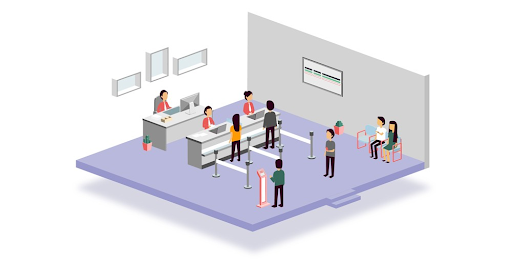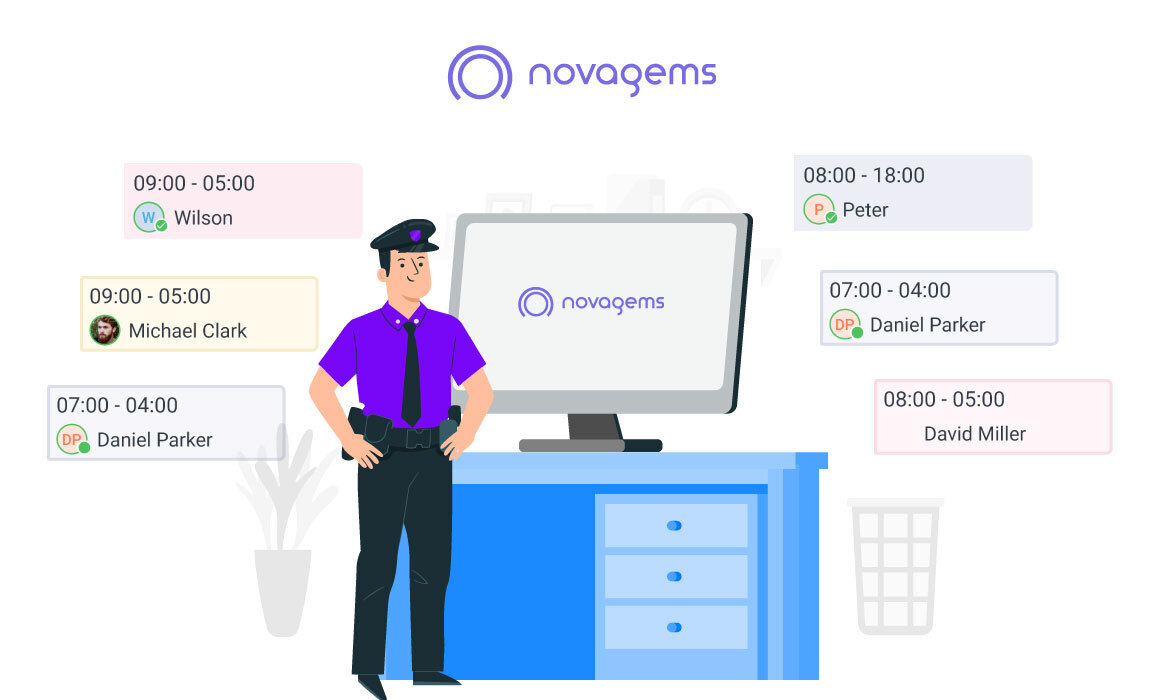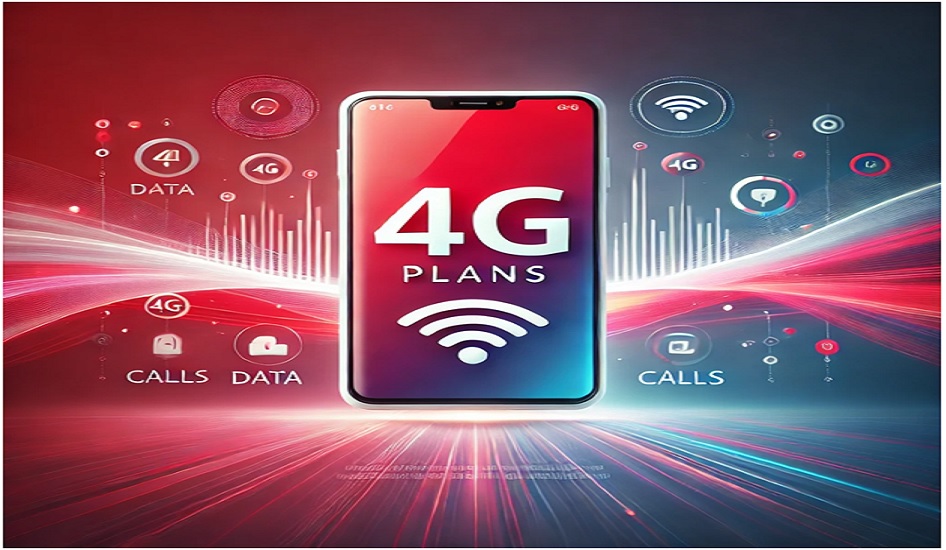For businesses, managing customer queues efficiently is more than just a logistical task—it’s a vital part of delivering exceptional customer experiences. Whether it’s a bustling retail store, a busy hospital, or a government office, long and chaotic queues can frustrate customers, reduce staff productivity, and ultimately impact the organization’s reputation.
A Queue Management System (QMS)(https://www.vizitorapp.com/queue-management-system/) is not just about cutting wait times; it’s about transforming the way businesses interact with their customers, improving satisfaction, and optimizing operations.
The Psychology of Waiting: Why It Matters
The experience of waiting in line has a psychological impact on customers. Research shows that:
- Uncertainty Feels Longer: Customers overestimate their wait time when they don’t know how long it will take to be served.
- Fairness is Key: Perceived fairness in a queue significantly impacts customer satisfaction. A lack of structure can lead to dissatisfaction and even walkouts.
- Distractions Reduce Frustration: Engaging customers with information or entertainment while they wait can make the experience feel shorter.
A Queue Management System addresses these pain points by providing structure, transparency, and real-time updates, ensuring customers feel valued even while waiting.
The Role of Technology in Queue Management
A modern QMS leverages technology to deliver more than just a number on a screen. Here’s how it revolutionizes queue management:
1. Real-Time Updates
Customers no longer have to wonder when their turn will come. Real-time notifications keep them informed about their position in the queue, reducing anxiety and improving the waiting experience.
2. Virtual Queuing
Gone are the days of physically standing in line. Customers can now join a queue remotely via mobile apps or kiosks, allowing them to use their time productively while waiting for their turn.
3. Data-Driven Insights
Queue management systems collect valuable data on peak times, service durations, and customer flow. This data helps businesses make informed decisions to optimize staffing and reduce bottlenecks.
4. Seamless Integration
Integration with existing systems like CRM software, appointment scheduling tools, and digital signage ensures a cohesive customer journey.
5. Personalization
Advanced systems recognize returning customers and can prioritize or customize their experience based on past interactions, fostering loyalty.
Real-World Applications of Queue Management Systems
1. Retail
A streamlined queuing process ensures shoppers spend less time waiting and more time shopping. Virtual queues and real-time updates can also drive footfall by offering a smoother in-store experience.
2. Healthcare
In hospitals and clinics, effective queue management improves patient flow, reduces overcrowding, and ensures timely access to care. Features like appointment integration and department transfers enhance efficiency.
3. Government Services
Long lines are a hallmark of public offices. A QMS brings order and transparency, ensuring citizens are served efficiently while staff handle workloads effectively.
4. Banking
Banks can manage customer flow more effectively by reducing physical queues and enabling remote check-ins. Personalized services for premium customers also enhance the overall experience.
5. Education
Universities and schools can manage queues during peak periods like admissions and examinations, ensuring a smooth and fair process for students and staff.
Beyond Efficiency: The Business Impact of a QMS
A Queue Management System isn’t just about reducing wait times—it has a ripple effect on overall business performance:
1. Enhanced Customer Satisfaction
When customers feel their time is respected, their satisfaction increases, and they are more likely to return or recommend the business to others.
2. Improved Staff Productivity
By automating queue management, staff can focus on providing quality service rather than managing crowd control.
3. Increased Revenue
Happy customers spend more. By minimizing frustrations and enhancing the overall experience, businesses can boost sales and revenue.
4. Stronger Brand Reputation
An organized, efficient queue reflects positively on the brand, demonstrating professionalism and a commitment to customer care.
Preparing for the Future with Queue Management Systems
As businesses continue to evolve, so too must their approach to queue management(https://www.vizitorapp.com/queue-management-system/). The future of QMS is powered by technologies like AI, IoT, and machine learning. Imagine a system that predicts peak times, optimizes staff allocation, and even offers personalized promotions to customers while they wait.
Moreover, sustainability is increasingly becoming a priority. Digital tokens and paperless processes not only enhance efficiency but also align with eco-friendly initiatives, creating a positive impact beyond the business.
Conclusion: The Time to Act is Now
Investing in a Queue Management System isn’t just about addressing a pain point; it’s about reimagining how your business interacts with its customers. Whether you’re managing a retail store, a healthcare facility, or a government office, an effective QMS can elevate the customer experience, streamline operations, and build lasting loyalty.Looking to transform your customer journey? Explore the benefits of a modern Queue Management System and take the first step toward a more efficient, customer-centric future.




